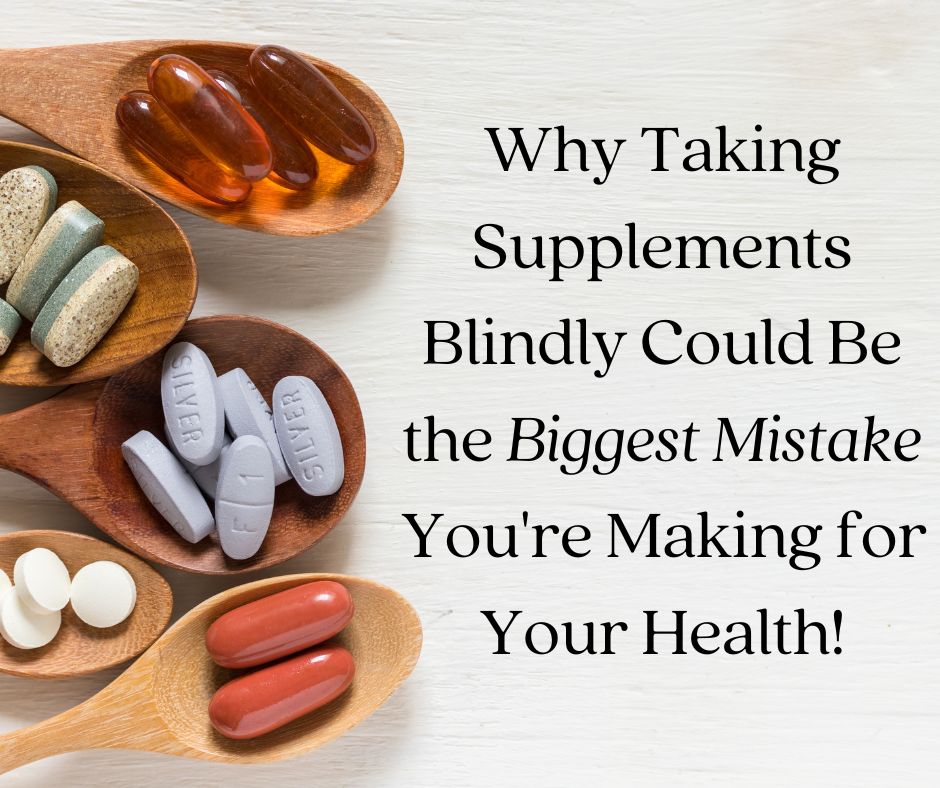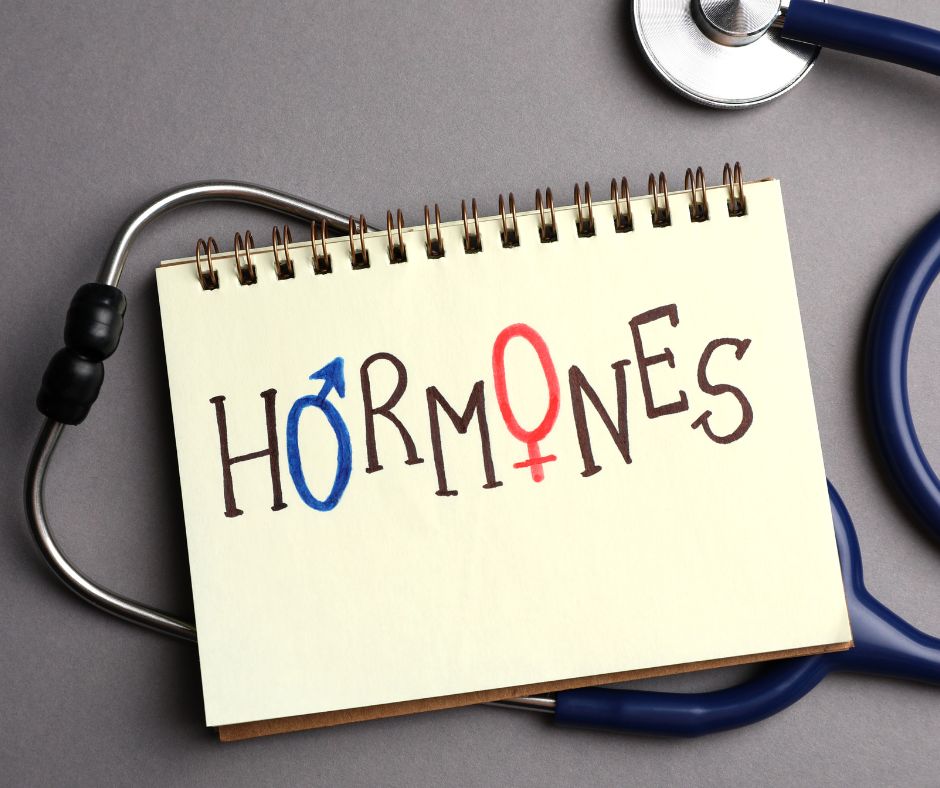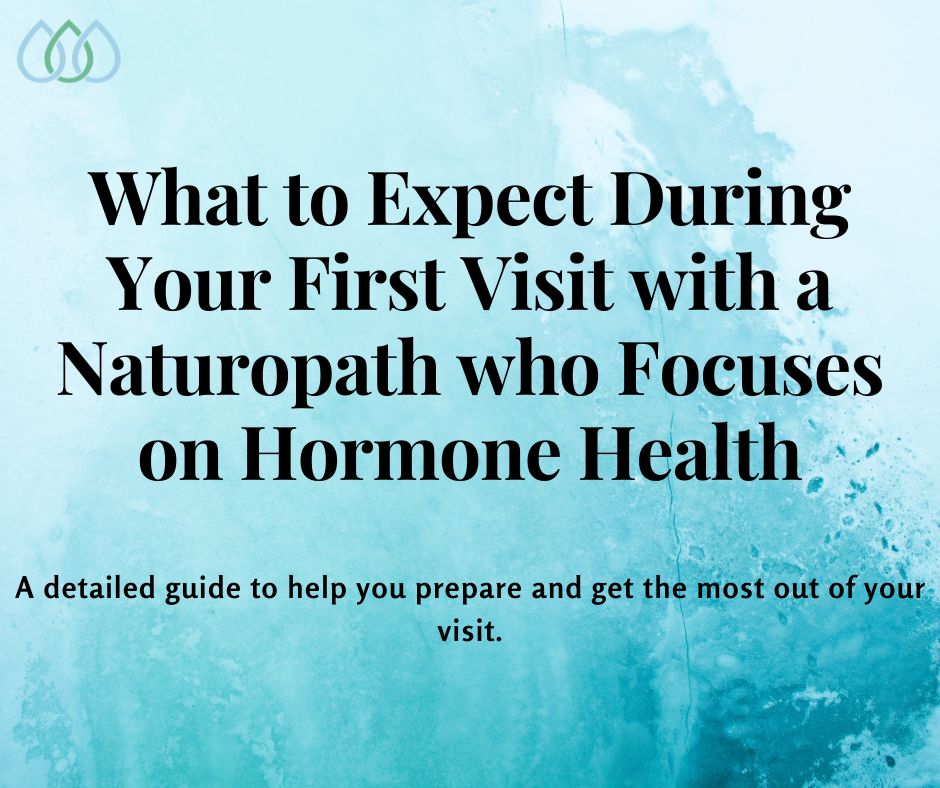Why Taking Supplements Blindly Could Be the Biggest Mistake You’re Making for Your Health!
Are you also seeing all those flashy ads for dietary supplements popping up everywhere these days? They’re on our social feeds, in the magazines we read, even on the big old telly. It seems like there’s a magic pill for everything — from giving your brain a boost, to reducing pain, balancing hormones, energizing our body, and even make your skin glow. It’s quite the spectacle, isn’t it?
In an increasingly busy world, the allure of these neatly packed, promising little capsules is understandable. They whisper sweet promises of health, vitality, and convenience. “Need more energy? Take this!” “Worried about aging? Try this!” But let’s have a little nudge bout something important before you take a deep dive into the world of supplements.
It’s like this: Imagine you’re trying to bake the perfect cake. You wouldn’t double the sugar just because you fancy sweets, would you? Your cake would come out far too sweet, and maybe even a bit burnt! Well, that’s a bit like your body with nutrients.
You see, it’s essential to know your body’s actual nutrient levels before you start downing any supplements. Just as too much sugar can ruin your cake, blind supplementation can sometimes tip your body’s delicate balance and, ironically, do more harm than good. So, let’s navigate this nutrient nook together with the care it deserves, one step at a time. Shall we?
Understanding Dietary Supplements
Alright, so what exactly are these dietary supplements we’re speaking about? Picture them as little pockets of concentrated health – like tiny superheroes ready to save the day. They come in many forms: tablets, capsules, powders, patches, and even tasty little gummies! And, just like a superhero team, each member has a unique role to play.
So, let’s get to know our lineup. We’ve got our standard Vitamins – the A, B, C (and don’t forget D, E, K… and more!) of health. They’re the poster players of the supplement world. We rely on them for a wide range of bodily functions like supporting our immune system, enhancing energy production, and keeping our bones strong and sturdy. They’re essential, and our bodies can’t produce most of them, so we need to get them from our nutrition which can include supportive supplementation.
Next, we’ve got our Minerals. This hardy bunch includes characters like calcium, iron, zinc and mag-nificent magnesium! They’re like the support team, helping our body with tasks like relaxing tense muscles and calming the body/nervous system (we love you, magnesium!) bone strengthening oxygen transportation (welcome, iron!), and immune function (thank you, zinc!).
But wait, there’s more! Say hello to the Amino Acids, the building blocks of proteins. These guys help with muscle growth and repair, among other things. We usually get plenty from our diet (not always!), and some folks — like athletes or those with certain medical conditions — might need an extra boost.
And let’s not forget our plant-based pals, the Botanicals. These are extracts from plants, and they’re often used for their potential health benefits. Think about nutrient compounds like green tea extract for its antioxidant properties, or echinacea for immune system foundations.
All of these supplements might seem like a dream team, ready to swoop in and sort out any health woes. But remember, they are called ‘supplements’ for a reason. They’re not meant to replace a balanced diet, but rather to fill in the gaps if needed. And the key word here is ‘if’. Before we start popping these superhero pills, we need to know what our body is asking for. And to find that out, we might need to do a little detective work… but more on that later.
The Importance of Nutrient Balance in the Body
Now, let’s imagine our body as a finely-tuned symphony orchestra. (Stay with me, it will make sense, I promise!) Each nutrient in our body is like a different musical instrument. Each one has a specific role, a specific sound, and together, they create beautiful music — or in our case, optimal healthà Higher Health!
So, our Vitamins and Minerals? They’re like the strings and brass, keeping the rhythm and setting the tone. They help with everything from converting our food into fuel, to making sure our hearts keep pumping along to the beat.
Meanwhile, our Amino Acids are like the percussion, laying the groundwork for protein structures, and repairing any wear and tear. Then, we have our Fats, the woodwinds of the group, giving us concentrated energy and supporting cell growth. And let’s not forget our Carbohydrates, the conductors, providing quick energy to guide the symphony.
Now, in a symphony, we can’t just crank up the volume on the tuba because we like its sound. Same with our body. This is where ‘Recommended Dietary Allowances’ (RDAs) come into play. Think of them as sheet music for the body’s symphony, guiding each nutrient on how much to play to achieve harmony. RDAs are established by the clever folks at the Institute of Medicine, giving us a guide for the amount of each nutrient we need daily to stay healthy.
But here’s the catch: not everyone’s orchestra is the same. Some might need a bit more flute, while others could do with a tad less drum. In plain English, your nutrient needs can change based on factors like your age, sex, health status, and lifestyle factors. For instance, if you’re pregnant, your body is playing a beautiful duet, and you might need more of certain nutrients. Or if you’re a marathon runner, you’re playing an energetic jig and may need more fuel to support the added demands on ligaments, joints, muscle repair and more.
So, the takeaway? Knowing your body’s specific symphony score is crucial before introducing new players into the mix, and that’s why we need to check our actual nutrient levels before taking supplements.
Risks of Over-Supplementation
Now, here’s where our musical metaphor takes a bit of a twist. You see, if our nutrient orchestra starts playing too loudly or out of sync, the result is less ‘sweet symphony’ and more ‘ear-splitting cacophony’. This is what we call over-supplementation, and it’s a bit like having the tuba player suddenly decide to go solo in the middle of the concert.
Let’s bring it back to reality for a moment. Over-supplementation, or taking more of a nutrient than your body needs, can lead to some less-than-pleasant health effects. We’re talking about things like toxicity and interference with the absorption of other nutrients. This is not a sold-out concert we want a ticket to!
Take iron, for example. This little guy is a rock star in our bodies, transporting oxygen to our cells like a top-notch delivery service. But if the iron section starts playing too loud — in other words, if you take too much of it — you could end up with iron toxicity. This can lead to serious concerns like liver damage, heightened inflammation, constipation, and nausea.
And don’t get me started on vitamin D. Sure, it’s brilliant for bone health and immune function, but an over-enthusiastic vitamin D solo can lead to hypercalcemia, a condition where there’s too much calcium in your blood. The result? You might experience kidney stones, bone pain, or even heart issues.
And here’s a twist: sometimes when one nutrient plays too loud, it can drown out the others. Certain nutrients, when taken in excessive amounts, can actually interfere with your body’s ability to absorb other nutrients. Think of it as the tuba player blasting away so loudly that you can’t hear the delicate flute solo. We often speak about the delicate balance of copper and zinc, where by zinc can impair copper absorption leading to deficiency.
All this to say, cranking up the volume on your nutrient intake without knowing what your body needs can lead to a pretty dodgy performance. Therefore, before we start adding more members to our nutritional orchestra, let’s first check what our body actually needs. Trust me, your body will thank you for it!
The Role of Blood Tests in Assessing Nutrient Levels
Now, how do we determine what our body’s nutritional orchestra actually needs? Enter our backstage organizers, the blood tests. They’re a bit like a soundcheck before the big concert, helping us understand which sections of the orchestra might need a tweak.
A blood test can help us measure the levels of many different nutrients in our bodies. It’s like having a peek behind the scenes to see if any of our players are missing their cues, or perhaps being a bit too enthusiastic. It can tell us if we’ve got the right amount of key nutrients like, A for good vision, or D for healthy bones, mood and immune health. It also checks minerals, like calcium for strong teeth, or iron and ferritin for carrying oxygen in the blood.
Now, you might be thinking, “Great! I’ll get a blood test, read the results, and know exactly what supplements to take.” Well, not so fast, my friend. While blood tests are a fantastic tool, they’ve got their limitations.
Think of it like this: you wouldn’t listen to the soundcheck and assume you’ve heard the whole concert, would you? Similarly, a blood test is just a snapshot of your nutrient levels at one specific point in time. It can be influenced by recent meals, hydration levels, and even the time of day.
And here’s another thing: while a blood test can tell us about some nutrients, it doesn’t cover all of them. Some nutrients, like certain B vitamins and dietary fiber, can’t be accurately measured in the blood.
This is where our trusty naturopathic doctors come in, like skilled conductors interpreting a complex piece of music. They can help us understand our blood test results, considering them alongside other important factors like our health history, dietary habits, lifestyle, associated blood markers, and any symptoms we might have.
In other words, reading a blood test is a bit like reading sheet music. To the untrained eye, it might look like a bunch of confusing lines and symbols. But to a maestro — or in our case, an informed healthcare provider — it can reveal a detailed symphony of information about our health.
All to say, before we adjust the volume on our nutrient intake, let’s make sure we’ve got a skilled conductor guiding us. They can help us hit all the right notes and ensure our body’s performance is a standing-ovation-worthy event!
Making Informed Decisions about Supplementation
In summary, we’ve been on quite a journey, haven’t we? From the stage of the nutrient orchestra to the backstage of blood tests, it’s clear that understanding our bodies is key to making smart decisions about supplements. This isn’t a solo performance, though. Before you start tinkering with the orchestra, it’s crucial to bring in a pro — your naturopatic doctor.
Think of them as your personal advisor. They can help you interpret your blood tests, understand your unique nutrient needs, and guide your supplementation decisions. And let’s not forget the role of a balanced diet. It’s like a well-rehearsed performance, where all the players are working in harmony. Aim to get your nutrients from a variety of foods first and then let supplements fill in any gaps if necessary. It’s the symphony approach to wellbeing!
As we wrap up our musical journey, remember this: understanding your nutrient needs before taking supplements isn’t just a good idea, it’s a masterpiece strategy for health. So, let’s aim to hit the right notes, make beautiful music, and keep our bodies performing brilliantly. Here’s to responsible, informed, and harmonious health choices!
Why not take a step further in your journey towards informed and responsible health decisions? A consultation with a naturopathic doctor can give you the detailed insights you need, much like a seasoned maestro guiding a complex piece of music or a consultant interpreting your corporate KPIs.
We invite you to book a free consultation with our experienced naturopathic doctors, who can help you strike the right balance, and ensure your body’s performance is nothing short of a standing-ovation-worthy event. Let’s hit the right notes together in this symphony of health and wellness. Book your free consultation today!
Resources:
- National Institutes of Health (NIH), Office of Dietary Supplements (ODS): A comprehensive resource with detailed information on different dietary supplements, their uses, effectiveness, and potential side effects.
- Harvard Health Publishing, Harvard Medical School: Offers articles and blogs on the importance of nutrient balance and risks of over-supplementation.
- The Mayo Clinic: Provides information about the role of blood tests in assessing nutrient levels and understanding various blood test results.
- American Society for Nutrition: Offers extensive research articles and publications related to nutrition science, including the importance of nutrient balance and risks associated with over-supplementation.

























